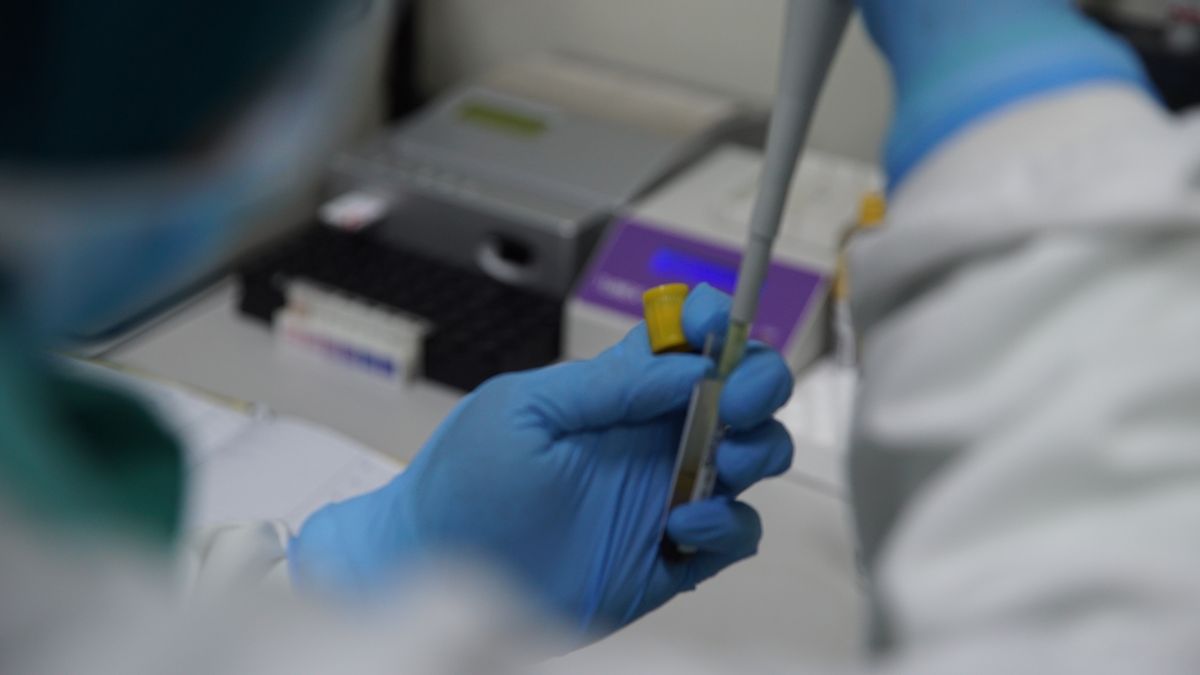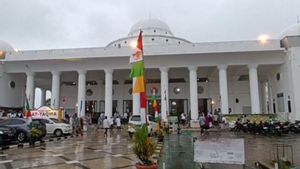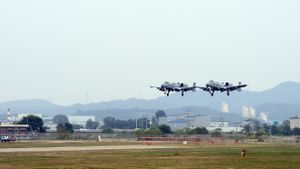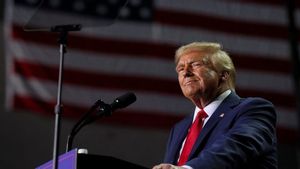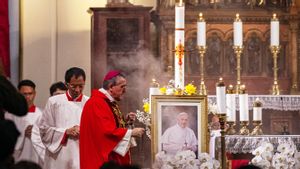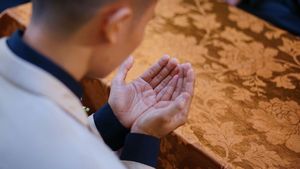JAKARTA - The Team of Experts for the Task Force for Handling COVID-19, Dewi Nur Aisyah, asked that sufferers of COVID-19 not lie to surveillance officers when conducting contact tracing. This is so that the transmission of COVID-19 does not become more widespread.
"I remind the Indonesian public not to lie to officers when tracing contacts," said Dewi during a discussion at Graha BNPB, East Jakarta, Wednesday, September 30.
Dewi said that honesty in explaining the history of close contact is needed to understand contact tracing that has occurred with people with COVID-19 over the past 14 days.
"Do not let positive cases have contact but are not known because there are family members who may hide that they have interacted with the patient," said Dewi.
The contact tracing process carried out by the first surveillance officer was visiting COVID-19 patients. Then, they were asked about their travel history, and to find out whether they had comorbidities or comorbidities.
"Then also did he have time to go to the office, then met with A, B, CD, E. So, this close contact was identified, who are the people who have close contact with positive patients," explained Dewi.
From the tracing data, people who have close contact with COVID-19 patients will also be visited by health workers in the field.
All people who had contact with this positive person were asked about their health conditions, had symptoms of corona virus transmission or not, until they were examined.
"This examination can be done by swab usually to confirm whether it is positive or not," he said.
What must be remembered, said Dewi, is that when someone has close contact with a positive patient, they must self-quarantine or isolate independently until the test results come out. "So, don't go out yet," he added.
The English, Chinese, Japanese, Arabic, and French versions are automatically generated by the AI. So there may still be inaccuracies in translating, please always see Indonesian as our main language. (system supported by DigitalSiber.id)
